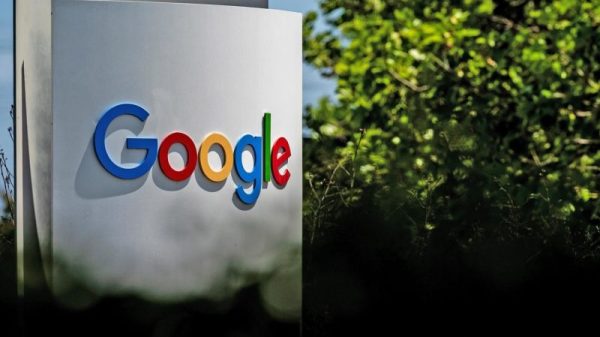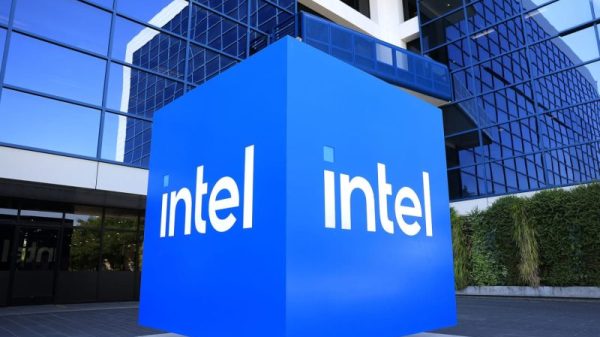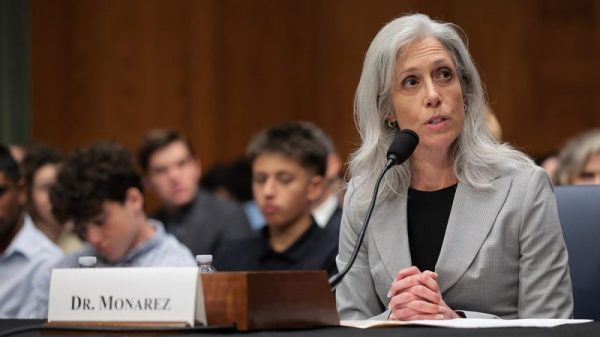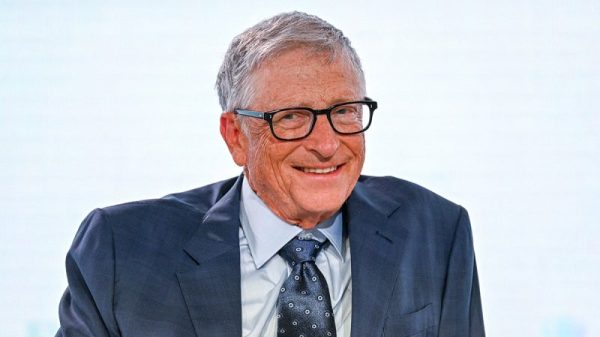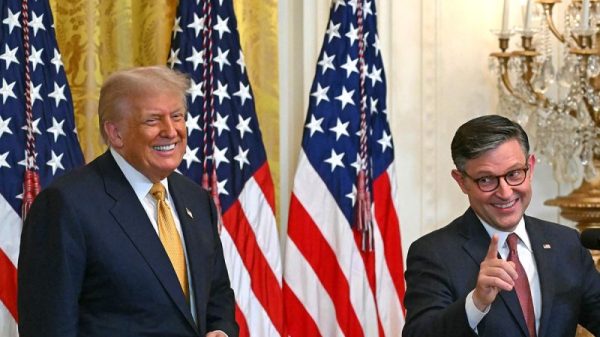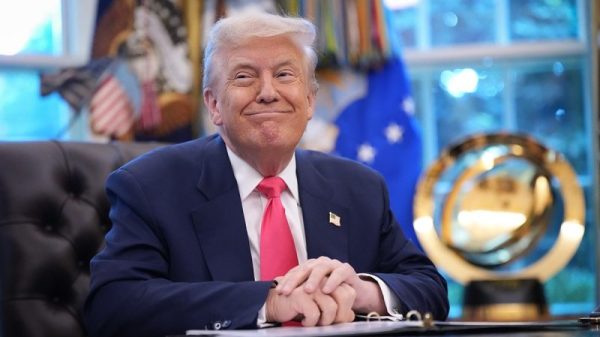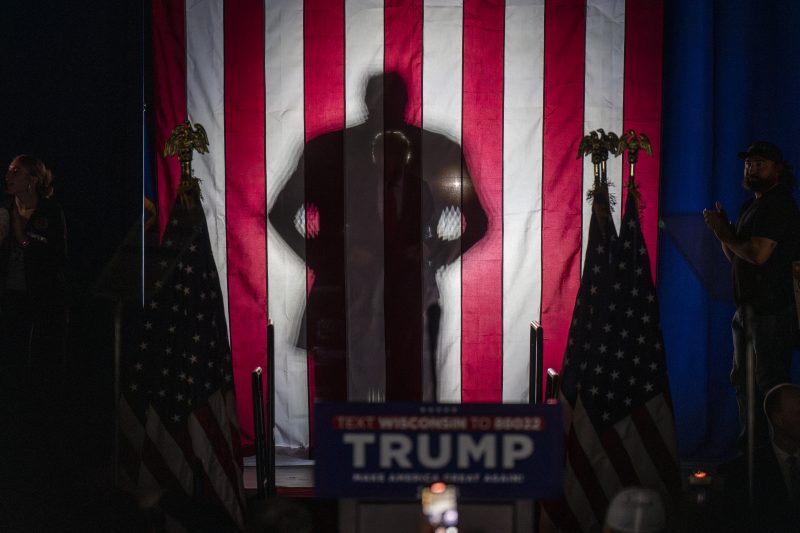The recent news of Libertarians asking former President Donald Trump to headline their convention has created a stir of mixed emotions within the political landscape. This move highlights the ongoing complexities and divisions within the Libertarian Party, as well as its relationship with mainstream political figures.
The decision to invite Trump as a headline speaker has sparked controversy among Libertarians, with some expressing anger and disappointment over the choice. Critics argue that Trump’s policies and actions during his presidency were not aligned with traditional libertarian values of limited government intervention and individual freedom. They view his inclusion as a betrayal of the party’s principles and a move towards mainstream politics.
On the other hand, supporters of the decision see Trump’s presence as a strategic move to attract more attention and support for the Libertarian Party. They believe that having a high-profile figure like Trump at the convention could help bolster the party’s visibility and influence in the political arena.
However, the debate over Trump’s involvement also raises larger questions about the direction of the Libertarian Party as a whole. Is the party willing to compromise its principles in exchange for political relevance and power? Can it maintain its identity as a champion of individual liberty while engaging with controversial figures from the mainstream?
Ultimately, the decision to invite Trump reflects the ongoing struggle within the Libertarian Party to define its identity and chart its course in an increasingly polarized political climate. Whether this move will help or hurt the party remains to be seen, but it underscores the challenges of navigating the intersection of libertarian ideals and practical political realities.






